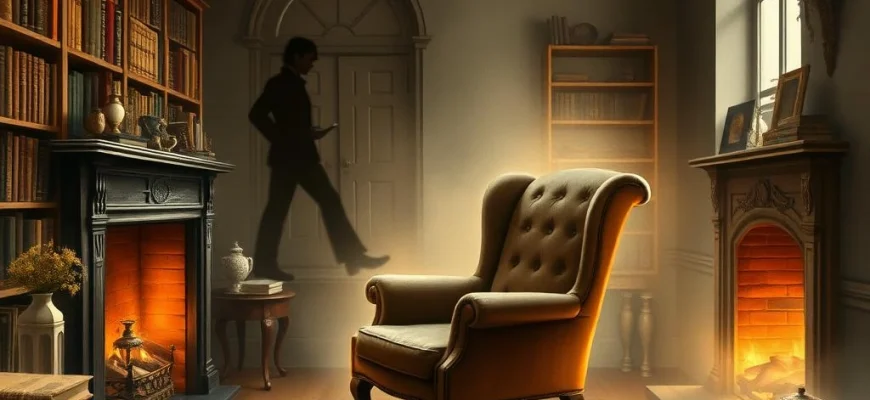If you loved the intricate storytelling and rich character development of 'Little Dorrit' (2008), you're in for a treat! This article explores 10 similar movies and TV shows that capture the same essence of drama, historical depth, and emotional resonance. Whether you're a fan of period pieces or compelling narratives, these recommendations will keep you engaged.
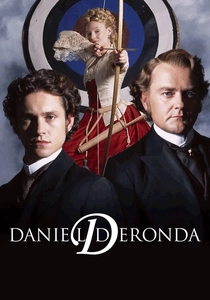
Daniel Deronda (2002)
Description: A tale of identity, morality, and romance, blending personal quests with broader social issues. The narrative's dual focus on individual struggles and societal constraints reflects the depth of Victorian-era storytelling.
Fact: George Eliot's novel was controversial for its time due to its sympathetic portrayal of Jewish characters and themes.
 Watch Now
Watch Now 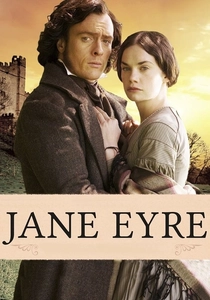
Jane Eyre (2006)
Description: A Gothic romance with strong moral and social themes, following a governess's journey through hardship and love. The atmospheric storytelling and focus on class and gender dynamics align closely with Victorian sensibilities.
Fact: This adaptation was praised for its faithfulness to Charlotte Brontë's novel, including its darker, more psychological elements.
 Watch Now
Watch Now 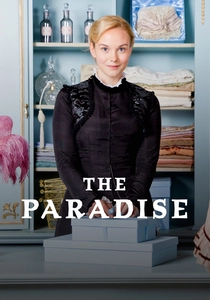
The Paradise (2012)
Description: A period drama set in a glamorous department store, exploring themes of ambition, love, and class mobility. The lush visuals and focus on societal change mirror the opulence and tensions of the Victorian era.
Fact: Inspired by Émile Zola's novel 'The Ladies' Paradise,' the series transposes the story to Northern England for a British audience.
 Watch Now
Watch Now 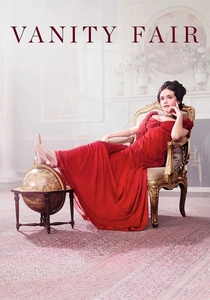
Vanity Fair (2018)
Description: A sharp, satirical look at social climbing and ambition in 19th-century England, filled with vibrant characters and biting commentary. The blend of humor and drama reflects the duality of Victorian society.
Fact: This adaptation modernizes Thackeray's classic with a more contemporary tone and pacing, while staying true to its source material.
 Watch Now
Watch Now 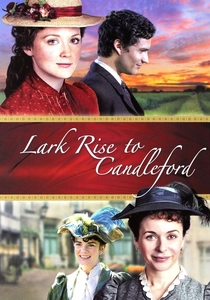
Lark Rise to Candleford (2008)
Description: A gentle, episodic drama depicting rural and small-town life in late 19th-century England. The focus on community, social hierarchies, and personal growth aligns with the pastoral and societal themes of Victorian literature.
Fact: Based on Flora Thompson's semi-autobiographical trilogy, the series blends nostalgia with sharp observations of social change.
 Watch Now
Watch Now 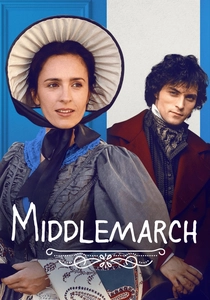
Middlemarch (1994)
Description: A sprawling adaptation of George Eliot's novel, exploring themes of ambition, love, and societal expectations in a provincial town. The intricate plotlines and deep character studies mirror the complexity of Victorian literature.
Fact: The novel was originally published in eight parts, and the miniseries structure pays homage to this serialized format.
 Watch Now
Watch Now 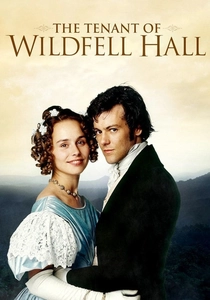
The Tenant of Wildfell Hall (1996)
Description: A bold narrative tackling themes of marital abuse, independence, and morality, rare for its time. The strong female protagonist and critique of societal norms resonate with progressive Victorian literature.
Fact: Anne Brontë's novel was groundbreaking for its frank depiction of alcoholism and women's rights, shocking contemporary audiences.
 Watch Now
Watch Now 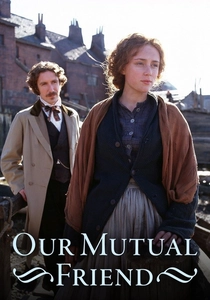
Our Mutual Friend (1998)
Description: A Dickensian exploration of wealth, poverty, and redemption, filled with intricate plots and memorable characters. The series captures the essence of social critique intertwined with personal transformation.
Fact: The novel was Charles Dickens' last completed work, and the adaptation preserves its satirical edge and complex narrative structure.
 Watch Now
Watch Now 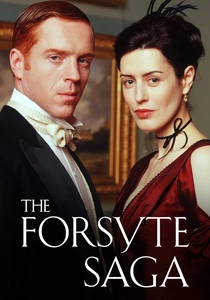
The Forsyte Saga (2002)
Description: A multi-generational saga of a wealthy English family, exploring love, power, and societal expectations. The intricate character dynamics and historical backdrop reflect the depth and scope of Victorian and Edwardian storytelling.
Fact: John Galsworthy's original novels won the Nobel Prize in Literature, and this adaptation revitalized interest in the saga for modern audiences.
 Watch Now
Watch Now 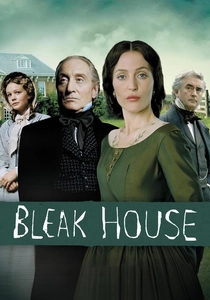
Bleak House (2005)
Description: A rich, multi-layered narrative set in Victorian England, focusing on social injustice, legal corruption, and the lives of interconnected characters. The storytelling weaves together personal dramas with broader societal critiques.
Fact: The series was filmed in a documentary-style with handheld cameras to create a more immersive and immediate feel, a unique approach for a period drama.
 Watch Now
Watch Now 
